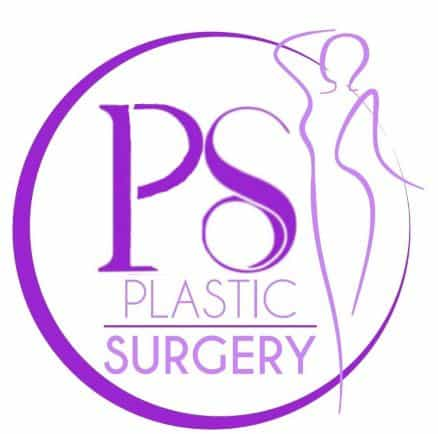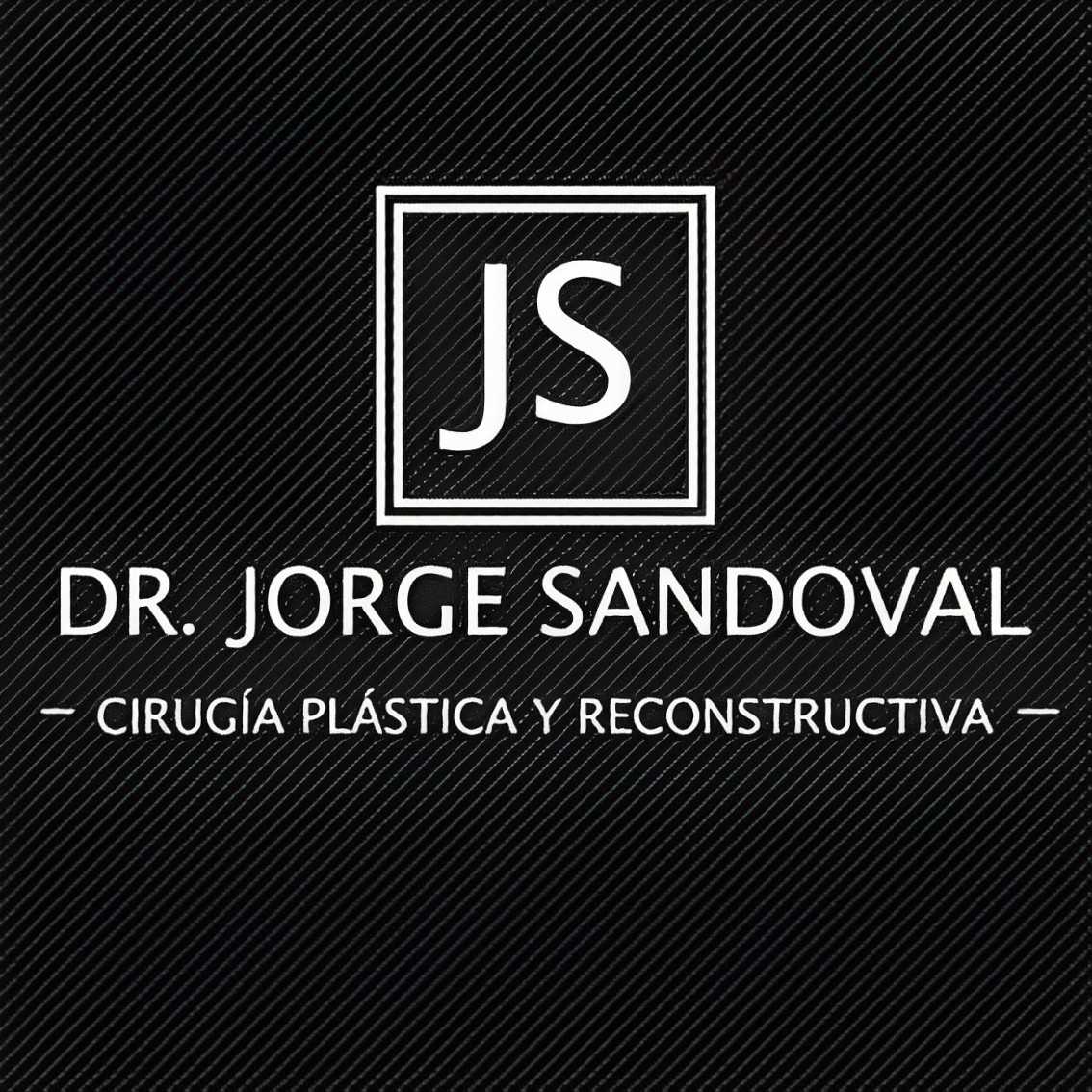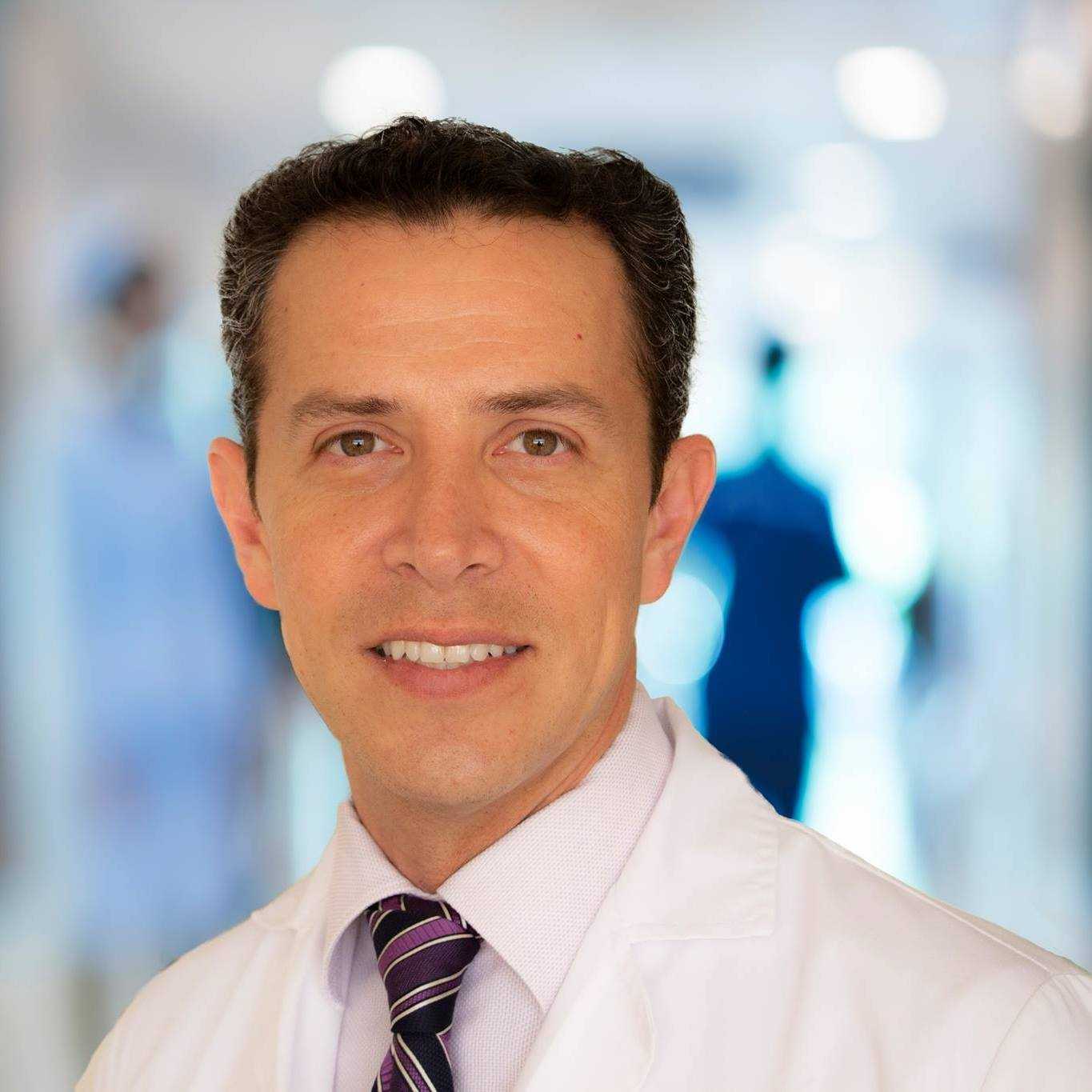Understanding the Risks of Chin Implants in Mexico

Considering a chin implant procedure in Mexico can be an appealing option for many individuals seeking cosmetic enhancement due to the potential for cost savings and convenient travel. Chin augmentation, or genioplasty, can significantly improve facial harmony and balance, making it a popular choice for those looking to enhance their profile.
However, it's crucial to approach medical tourism, especially for surgical procedures like chin implants, with a comprehensive understanding of the associated risks.
While Mexico is home to many highly skilled and board-certified plastic surgeons and modern facilities, just like any medical procedure performed anywhere in the world, there are inherent risks involved. When seeking treatment abroad, additional factors like surgeon credentials, facility accreditation, and post-operative care logistics become even more critical to ensure safety and satisfactory results.
What are the common risks of chin implants, regardless of location?
Chin augmentation is a surgical procedure that involves placing an implant, typically made of silicone, around the existing chin bone to enhance its projection and shape. While generally safe, several potential complications can arise.
Infection, though rare with proper sterile techniques, can necessitate implant removal and antibiotic treatment. Implant displacement is another concern, where the implant shifts from its intended position, leading to an asymmetrical appearance and potentially requiring a revision surgery.
Nerve damage is a less common but significant risk, potentially resulting in temporary or permanent numbness in the chin or lower lip area. This occurs if nerves are accidentally stretched or damaged during the procedure. Additionally, some patients may experience asymmetry, where the chin appears uneven, or develop noticeable scarring. As with any surgery, there's always a risk of adverse reactions to anesthesia, ranging from nausea to more severe allergic responses.
Are there specific risks associated with getting chin implants in Mexico?
While many clinics in Mexico for chin implants uphold high standards, specific risks can emerge when undergoing surgery abroad. One primary concern is the potential difficulty in thoroughly vetting a surgeon's qualifications and ensuring the surgical facility is properly accredited by recognized international or national bodies. It's crucial to confirm that the surgeon is board-certified in plastic surgery and has extensive experience specifically with chin implant procedures.
Language barriers can also complicate the process, potentially leading to misunderstandings regarding pre-operative instructions, surgical expectations, or post-operative care. This can hinder effective communication between the patient and the medical team.
Furthermore, if complications arise after returning home, obtaining legal recourse or satisfactory follow-up care from the original surgeon can be challenging and expensive due to geographical distances and differing legal systems.
How can I verify the qualifications of a surgeon for chin implants in Mexico?
Due diligence is paramount when selecting a surgeon for chin implants in Mexico. Start by confirming that the surgeon is certified by the Mexican Council of Plastic, Aesthetic and Reconstructive Surgery (CMCPER), which is Mexico's equivalent to the American Board of Plastic Surgery. This certification indicates that the surgeon has met rigorous training and ethical standards.
Beyond certification, investigate their specific experience with chin augmentation. Ask for before-and-after photos of their chin implant patients and inquire about the number of similar procedures they perform annually. Additionally, verify if the surgeon is affiliated with reputable hospitals or clinics that are accredited by international organizations like the Joint Commission International (JCI) or national bodies. This ensures the facility meets high safety and quality standards.
What are the risks of infection after a chin implant in Mexico?
Infection is a serious complication following any surgical procedure, including chin implants. While rare, it can occur if sterile protocols are not strictly followed during surgery, or if the patient's immune system is compromised. Symptoms of infection include persistent redness, swelling, warmth, severe pain, and sometimes fever. In severe cases, pus may be present, and the implant may need to be temporarily or permanently removed.
To minimize infection risks, ensure your chosen clinic in Mexico maintains a high standard of cleanliness and follows strict surgical sterilization procedures. After surgery, it's crucial to meticulously follow all post-operative instructions, including proper wound care, taking prescribed antibiotics, and avoiding activities that could introduce bacteria to the surgical site. Neglecting these instructions, especially in an unfamiliar environment, can heighten the risk.
What complications can arise from implant displacement?
Implant displacement occurs when the chin implant shifts from its surgically placed position, usually due to trauma, improper pocket creation during surgery, or insufficient fixation. This can happen shortly after surgery or even months later. The most noticeable complication is an altered facial appearance, with the chin appearing lopsided, uneven, or oddly shaped. Patients might also feel the implant moving beneath the skin.
If displacement occurs, it often requires a secondary surgery to correct. During this revision procedure, the surgeon will reposition the implant and may use sutures or screws to secure it more firmly to the bone, preventing future movement.
Choosing an experienced surgeon who meticulously creates the implant pocket and adequately secures the implant is vital to reduce this risk. Additionally, avoiding vigorous physical activity and protecting the chin area during the initial healing phase is essential.
Can chin implants lead to nerve damage or numbness?
The mental nerve is a crucial nerve located in the chin area that provides sensation to the lower lip and chin. During chin implant surgery, there is a risk of irritating, stretching, or even severing this nerve. If the nerve is affected, patients may experience numbness, tingling, or an altered sensation in the lower lip, chin, or gums.
In most cases, any numbness or altered sensation experienced after a chin implant is temporary and resolves as the nerve heals over several weeks to months. However, in rare instances of significant nerve damage, the numbness can be permanent.
An experienced surgeon will have a thorough anatomical understanding and use precise techniques to minimize the risk of nerve injury. Discussing this risk with your surgeon and understanding their approach to nerve preservation is an important part of the consultation.
What should I consider regarding post-operative care and follow-up in Mexico?
One of the most significant challenges with medical tourism for chin implants is managing post-operative care and follow-up. While your surgeon in Mexico will provide detailed instructions for your immediate recovery, being far from your primary surgeon after returning home can be problematic if complications or concerns arise. It’s essential to plan for an extended stay in Mexico, typically 7-10 days, to allow for initial healing and an immediate post-op check-up with your surgeon.
Before undergoing the procedure, discuss with your Mexican surgeon how they handle remote follow-ups, whether through video calls or photo sharing. More importantly, identify a trusted doctor in your home country (preferably a plastic surgeon or your general practitioner) who is willing to monitor your recovery and intervene if an issue develops. This proactive planning ensures that you have access to medical attention regardless of your location, significantly mitigating risks related to aftercare.
How does medical tourism insurance relate to chin implant complications in Mexico?
Standard travel insurance typically covers emergencies unrelated to pre-planned medical procedures, such as accidents or unexpected illnesses. It usually does not cover complications arising directly from a cosmetic surgery like a chin implant. This is where specialized medical tourism insurance becomes invaluable. This type of insurance is designed to provide coverage for unforeseen medical complications or expenses directly related to a planned treatment received in another country.
For chin implant complications in Mexico, medical tourism insurance can offer financial protection by covering costs such as:
- Emergency Medical Treatment: For severe complications requiring immediate care.
- Revision Surgery: If a complication necessitates a second procedure.
- Extended Stay: If you need to remain in Mexico longer than planned due to recovery from a complication.
- Travel Expenses: For an accompanying companion if your stay is extended.
Investing in this type of insurance is a wise decision to safeguard against unexpected financial burdens and ensure peace of mind when pursuing chin implants in Mexico.
What are the signs of a problematic chin implant surgery in Mexico?
After any surgery, some discomfort, swelling, and bruising are normal. However, certain signs can indicate a more serious problem following chin implant surgery. It's crucial to be aware of these red flags and seek immediate medical advice if they appear:
- Escalating Pain: Pain that worsens instead of improving, especially if not controlled by prescribed medication.
- Signs of Infection: Redness that spreads, increasing warmth, fever, chills, or pus or foul-smelling discharge from the incision site.
- Severe Numbness or Weakness: Persistent, profound numbness in the lower lip or chin, or difficulty moving the lower lip.
- Implant Shifting: Feeling the implant move, or a visible lump or indentation suggesting displacement.
- Significant Asymmetry: A visibly crooked or severely uneven chin that wasn't present immediately after surgery.
Prompt communication with your surgeon, even remotely, is vital for addressing these concerns effectively and preventing further complications.
What steps can I take to minimize risks when getting a chin implant in Mexico?
Minimizing the risks associated with chin implants in Mexico requires a proactive and informed approach. Your safety and the success of your procedure largely depend on the preparation you undertake before and after your trip. Here are key steps:
- Thorough Surgeon and Clinic Vetting: As mentioned, verify board certifications (CMCPER), check for hospital affiliations, and review patient testimonials and before-and-after photos specific to chin implants. Ensure the clinic is accredited.
- Clear Communication: Discuss all aspects of the procedure, expected outcomes, and potential risks with your surgeon. If there's a language barrier, ensure a professional medical translator is present during all consultations.
- Comprehensive Medical Tourism Insurance: Invest in a policy that specifically covers medical complications arising from procedures performed abroad. This is a critical safety net.
- Adequate Recovery Time in Mexico: Do not rush your return home. Plan to stay in Mexico for at least 7-10 days post-surgery to allow for initial healing and at least one in-person follow-up with your surgeon.
- Pre-arranged Local Follow-up: Identify a local doctor or plastic surgeon in your home country who is aware of your procedure and willing to manage any post-operative concerns or complications after you return.
- Follow All Instructions: Adhere strictly to your surgeon's pre-operative and post-operative instructions, including medication schedules, wound care, and activity restrictions.
By taking these precautions, you can significantly enhance your safety and the likelihood of a successful outcome for your chin implant procedure in Mexico.
How can medical tourism help with accessing quality care for complex procedures?
For individuals facing complex medical procedures, medical tourism can be a viable pathway to accessing specialized care that might be prohibitively expensive, involve long waiting lists, or simply not be available in their home country. Destinations like Mexico have developed robust medical infrastructure, attracting highly skilled surgeons and investing in state-of-the-art technology, making advanced treatments more accessible.
Platforms that facilitate medical tourism play a crucial role by vetting clinics and surgeons, providing transparent information about credentials, and assisting with logistics like travel, accommodation, and communication. This support helps mitigate some of the inherent risks of seeking care abroad, allowing patients to make informed decisions about their health journey. For procedures ranging from intricate surgeries to advanced therapies for specific diseases, medical tourism opens doors to global healthcare solutions.
Are there language barriers for medical procedures in Mexico?
Effective communication is paramount in healthcare, especially when discussing complex medical procedures like chin implants. In many established medical tourism hubs in Mexico, such as Tijuana, Cancun, or Guadalajara, a significant number of doctors, nurses, and clinic staff are proficient in English, catering to international patients. However, it's not a universal guarantee.
Before committing to a clinic, inquire about the language capabilities of your entire medical team. Ensure that during consultations, pre-operative discussions, and post-operative instructions, you can fully understand and be understood. If English proficiency isn't high among all staff, confirm that professional medical translators will be provided. Relying solely on a family member or a casual acquaintance for translation can lead to miscommunications about vital medical information, potentially affecting the outcome and safety of your chin implant procedure.
What financial considerations are important when seeking medical treatment abroad?
While cost savings are a significant driver for medical tourism, it's vital to consider the full financial picture beyond just the surgery price. A comprehensive budget should include:
- Procedure Cost: This should cover the surgeon's fees, anesthesia, facility fees, and implant costs. Ask for an all-inclusive quote to avoid hidden charges.
- Travel and Accommodation: Flights, ground transportation, and lodging for the necessary recovery period. Factor in potential extra nights if complications arise.
- Medical Tourism Insurance: As discussed, this is a crucial investment to cover unforeseen medical complications.
- Medications and Supplies: Costs for pre-operative tests, post-operative prescriptions, and any specialized recovery garments or supplies.
- Local Follow-up Costs: Budget for potential consultations or treatments with a local doctor after you return home, in case issues develop.
Thorough financial planning ensures you are prepared for all potential expenses and can focus on your recovery without undue financial stress. Always ask for a detailed, itemized breakdown of all costs from the clinic to prevent surprises.
Considering medical treatments or cosmetic procedures abroad like chin implants can be a significant decision. For those exploring various healthcare options globally, PlacidWay offers comprehensive resources and guidance to help you make informed choices. Explore PlacidWay to connect with accredited international providers, understand different treatment options, and navigate your medical journey with confidence and support.


.png)



.jpg)



-for-Vancouver-Patients-in-Guadalajara,-Mexico.jpg)






Share this listing